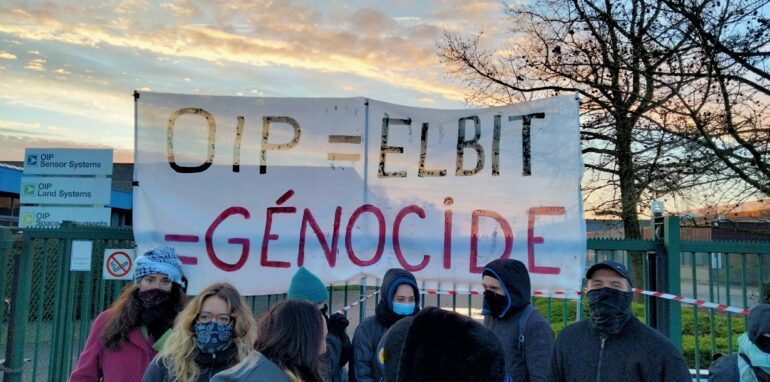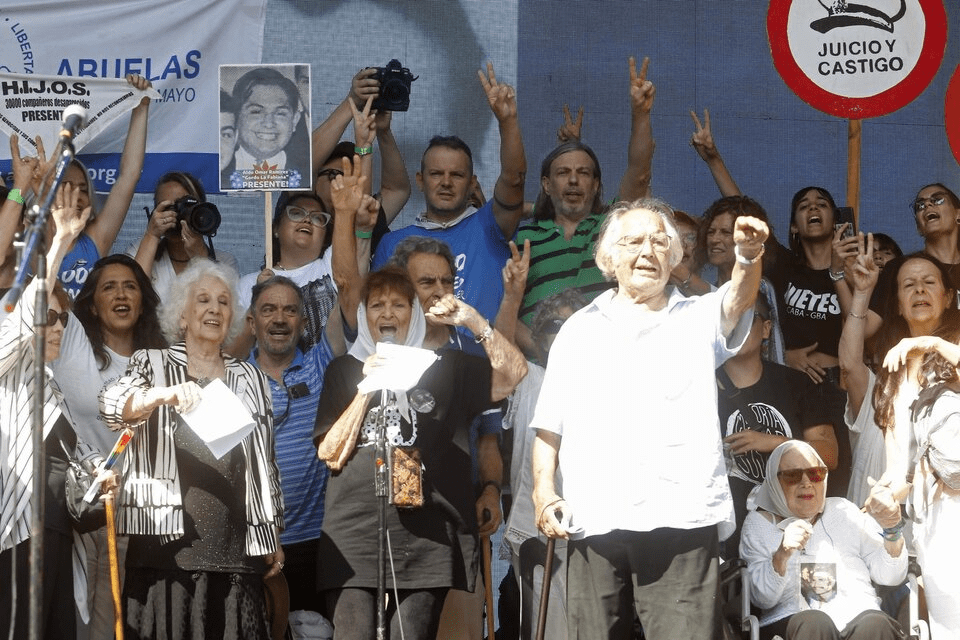One billion people worldwide over consume every day, while another 1 billion suffers from famine. On 26.03.2012 representatives of the Thought For Food movement and a small group of university students met at the Atomium in Brussels to discuss sustainable food production and consumption systems for all 9 Billion people living on the earth today. The summit was the inaugural meeting of the Thought For Food challenge that aims to mobilize university students to reinvent and develop solutions for global food issues.
For the first time ever, the conference brought together representatives from non-profit organizations such as Ellen Gustafson from The 30 Project, a non-profit organization dedicated to ensuring nutritious food in school for all children, and social entrepreneurs like Sebastian Lindstrom, but also policy workers Mella Ferwan from FoodDrinkEurope and Alexander Woollcombe of ONE’s EU office.
These mentors worked with the students to develop action plans in the areas of social businesses, policy developments and social media to amplify actions. As a highlight of the meeting, Julie Borlaug, granddaughter of Nobel Peace Prize winner Norman Borlaug, gave a keynote speech on her grandfather’s legacy of the “green revolution”. Norman Borlaug was an agricultural researchers that played a leading role in the development of semi-dwarf, high-yield, disease-resistant wheat varieties in the mid 20th-century that led to a tremendous increase of wheat production in Mexico, India and Paskistan, improving ultimately the food security in these countries. Julie Borlaug emphasized to be cautious when deciding on what seem to be sustainable solutions, such as the opposition against genetic manipulations, as not everything that appears actionable in Western societies, is also beneficial for the farmers and food producers in Africa, South America or Asia.
University students that are interested in taking part in the Thought For Food challenge can submit a proposal of their solution to the global food crisis here. Out of all applications, ten teams will be selected and will then work for two months with mentors and experts on making their ideas happen.










